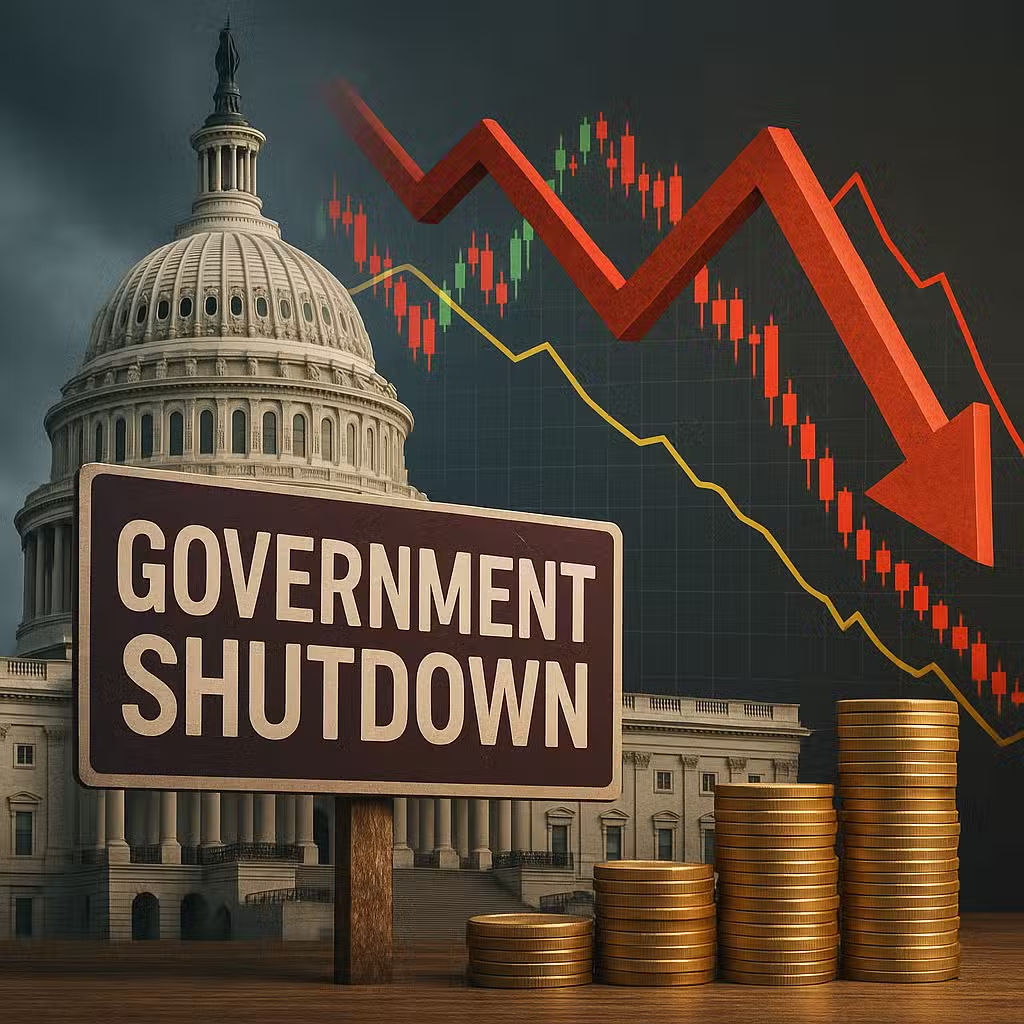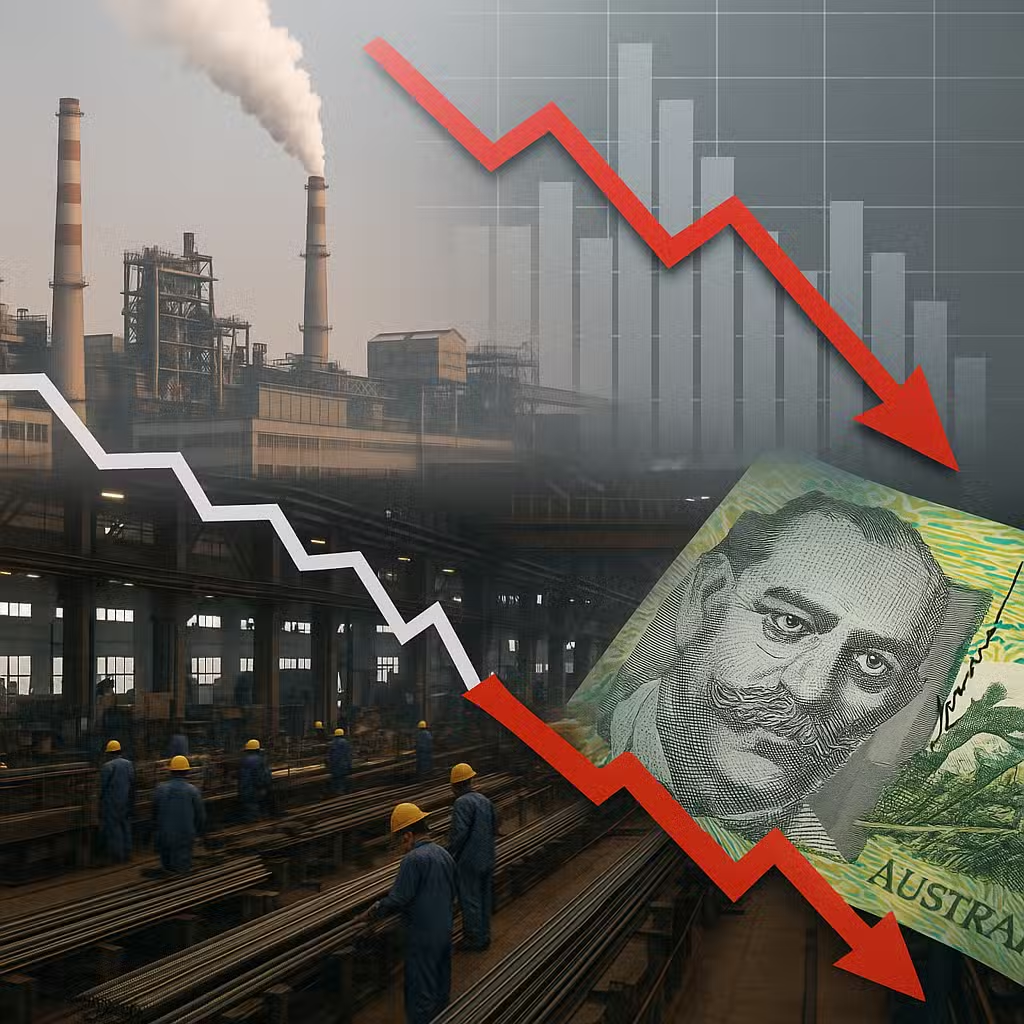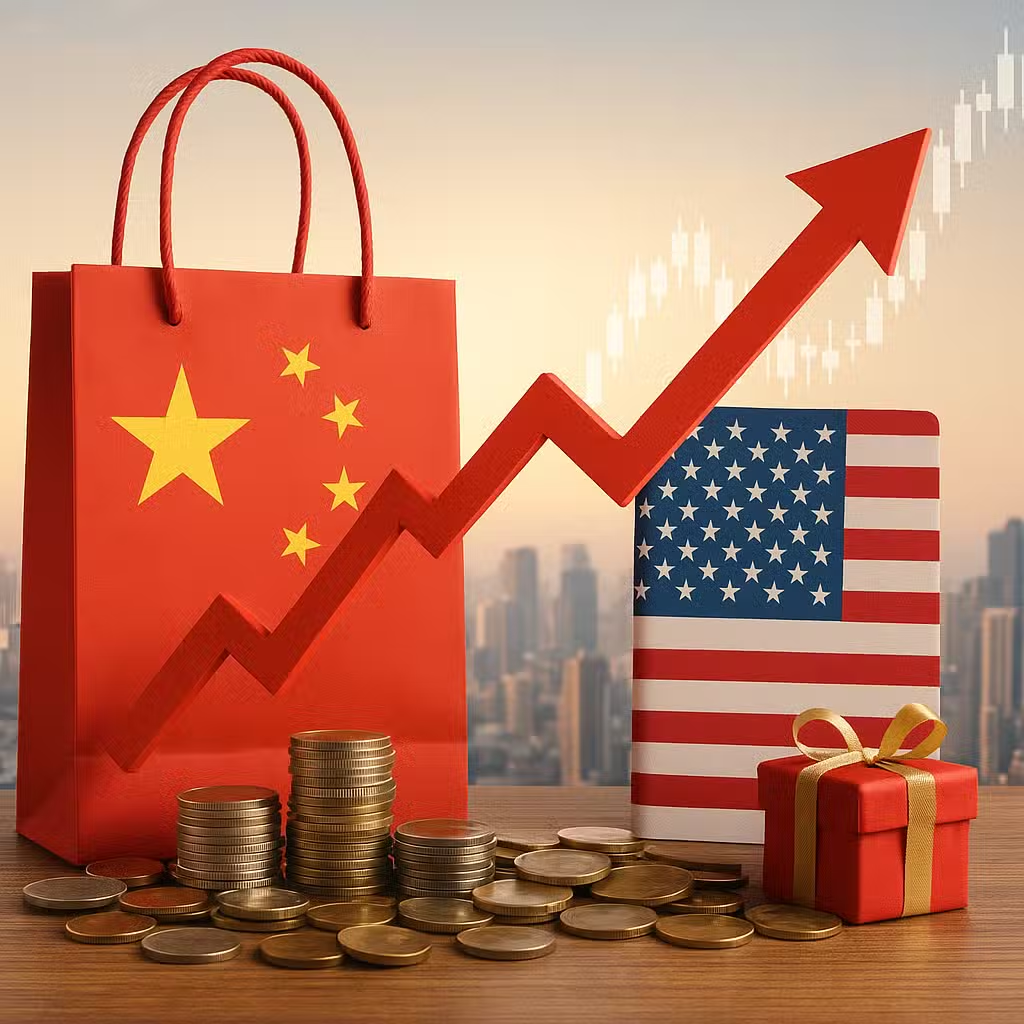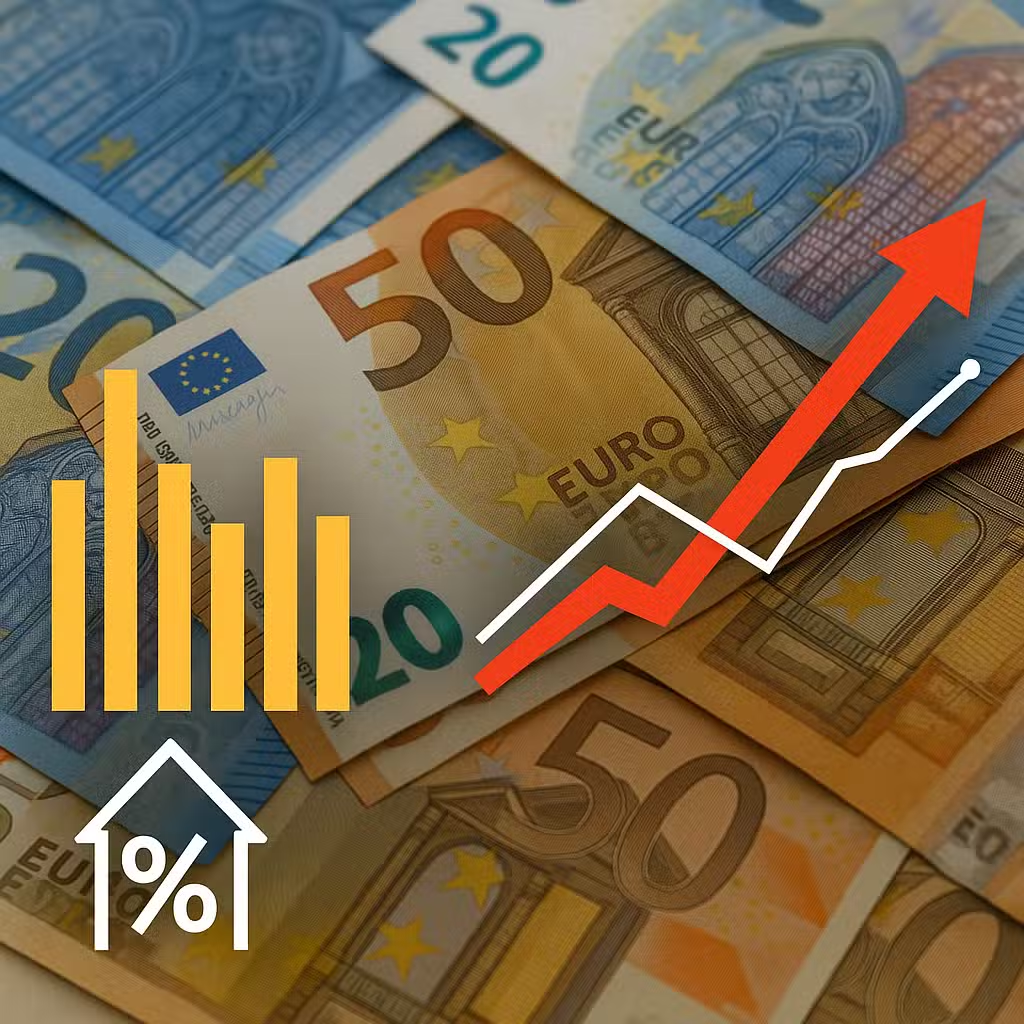US Government Shutdown Highlights Rising Political Risk, Potential Impact on Investor Confidence
Imagine if your favorite sports team kept changing the rules in the middle of the game—fans would be upset, players confused, and trust would break down. That’s a bit like what’s happening in the U.S. government and economy right now, and it matters a lot for anyone investing their money.
Why Investors Should Care
When the rules of government and the economy feel shaky or unpredictable, it can make investing riskier. Investors need to know if the people making decisions are fair and reliable. If they’re not, markets can get bumpy, and the value of your stocks or bonds could swing wildly.
What’s Going On?
- Legal and Political Pressure: Some lawyers and organizations seen as opposing former President Trump’s ideas are facing public criticism. Even people in charge of important economic data, like the former head of the Bureau of Labor Statistics, have been dismissed, raising worries about whether the numbers we rely on are still unbiased.
- Trust Issues: There’s more criticism of universities and news outlets, which could make people trust the whole system less. On top of that, sending the military into American cities is becoming more common, which could weaken trust in local leaders.
- Growing Divide: All this tension is making the country more divided. When politicians can’t agree, it’s harder for them to make important decisions on time.
Bull Case: Reasons for Optimism
- Strong Track Record: The U.S. has faced political fights before and usually finds a way through. For example, despite 78 debt ceiling standoffs since 1960, the U.S. has never defaulted on its debt (source).
- Global Trust: Investors around the world still see the U.S. as a safe place for their money, especially in uncertain times.
- Resilient Economy: The U.S. economy remains one of the largest and most dynamic, helping it bounce back from political drama.
Bear Case: Reasons for Concern
- Risk of Default: If political fights get worse, the U.S. could miss payments on its debt, which would shake global markets.
- Rising Debt: The government’s debt is growing fast. Experts think it could reach 127% of the country’s total income (GDP) in five years—higher than almost any time in history.
- Weak Governance: More arguments and less trust in leaders can lead to slower decisions, making it harder to solve big problems like budgets or emergencies.
Looking Ahead: The Debt Ceiling Issue
Even though Congress recently raised the limit on how much the government can borrow, the country’s spending and debt are still rising. By 2028, another increase will probably be needed. If politicians can’t agree, it could lead to a crisis that affects everyone’s investments.
For context, the U.S. government deficit is expected to stay around 6% of GDP over the next few years, according to Congressional Budget Office forecasts. That’s much higher than the average since World War II.
Investor Takeaway
- Stay Diversified: Don’t put all your eggs in one basket—spread your investments across different sectors and countries to reduce risk.
- Watch Political News: Pay attention to big government decisions, especially around debt and budgets, as these can move markets.
- Plan for Volatility: Be ready for ups and downs in the market. Sometimes the best move is to stay calm and stick to your plan.
- Focus on Quality: Invest in companies and funds with strong balance sheets and leadership that can weather storms.
- Review Regularly: Check your portfolio at least once a year to make sure it matches your goals and risk tolerance.
For the full original report, see FX Empire







